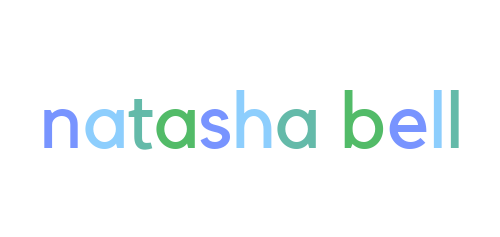Welcome to my
Product Marketing Toolkit*
* Disclaimer: I am not an affiliate for any of these resources—just an advocate for continued self-education who wants to share the resources that helped her transition from copywriting and content strategy to product marketing.
What is product marketing?
If you’ve been searching for a universal definition of product marketing and feel lost, don’t worry. Product marketing is a notoriously difficult function to describe because the role and responsibilities can vary so much between companies, and even between teams at the same company.
There are a few factors responsible for this grey area, mainly based on the company itself: its size, business type (B2B or B2C), and product management and marketing team makeup.
Oftentimes, product marketing is reduced to creating collateral, supporting the sales team, and prepping for product launches—all valid tactics, but not exactly an accurate view of why product marketing exists.
At its core, product marketing is a strategic function focused on getting a product to market. Whether it’s a new product being introduced to the market for the first time, an existing product launching to a new audience, or an existing product launching with a new strategy, product marketing tells the story of the product and uses marketing strategies to drive product adoption and meet business goals.
Here’s some more responsibilities that typically fall into a product marketing role:
- Telling the story of a product or brand through voice of customer
- Leading GTM strategy with market and customer insights
- Partnering with product (usually product managers) to ensure the market is adopting new features and product enhancements
- Enabling sales and customer success teams with trainings and educational content on how, when, what, and why customers and prospects should care
Product marketing vs product management
Product managers, on the other hand, are focused on building the right product for customers. Companies can have multiple product managers focused on specific customers and users, or the role may not exist (I’ve worked in a few roles where product management fell into my marketing role, all at smaller companies).
Product management and product marketing are each their own distinct role: product managers build the product, and product marketers get people to buy the product. (Note: this doesn’t mean PMs and PMMs work in their own silos; PMMs have a strategic perspective on the market and customers that can help inform plans, or the roadmap, for the product).
As a PMM, it’s essential to build rapport with your PM so you can create processes that make it easier to share information and encourage cross-team collaboration.
With so many ways to describe what a product marketing manager does, it can be hard for newer PMMs to know where to focus their time. How do you know where to start? Will investing time in certifications pay off, or are they requirements for one specific company?
Let’s dive into the resources
On this page, you’ll find a list of (free and paid) resources to build your career in product marketing. I regularly update this page, so feel free to bookmark it for quick reference in the future.
Product marketing certifications
There are two “official” product marketing certification providers, the Pragmatic Institute (PMC) and Product Marketing Alliance (PMA).
I was lucky enough to get the opportunity to take Pragmatic Institute’s Foundations and Market certification courses last year through my company, and recommend the courses to others whose companies also offer learning stipends!
The courses are nice because they offer access to the PAC (their community for course alumni) and resources. I do, however, feel that there are many free resources that also do a great job, which are linked below.
PMA also has a great community on Slack that’s free to join, where you can connect with other product marketing professionals, ask questions, and see resources (you can even join specific channels for questions and resources related to competitor intelligence, cross-functional communications, etc.).
Both of these certification providers have tons of free resources available on their websites, too.
Product marketing resources
Books
Podcasts
Courses
Guides
